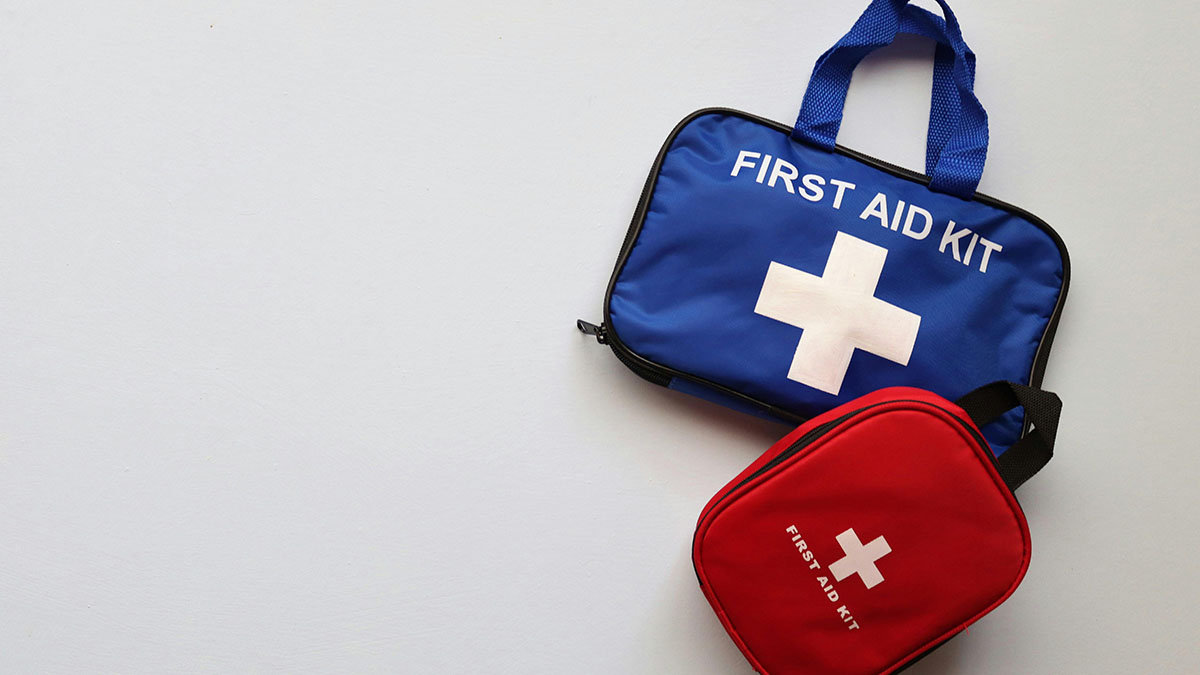Table of Contents
Essential Medication and Health Tips for Your Kilimanjaro Trek | Kili Quests
Climbing Mount Kilimanjaro is an incredible adventure — but staying healthy on the mountain is just as important as reaching the summit.
At Kili Quests, we believe that proper health preparation and essential medication can make the difference between success and an early descent. In this guide, we’ll help you pack smart, stay strong, and respond to altitude-related issues confidently.
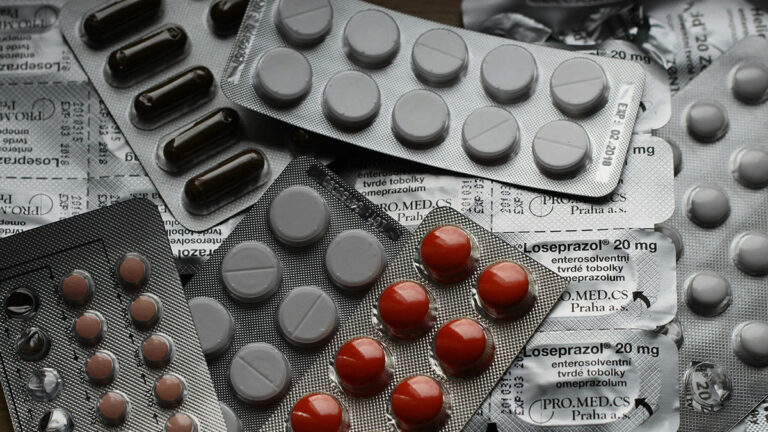
Essential Medication to Bring for Kilimanjaro
1. Altitude Sickness Medications
Altitude sickness affects many trekkers. While acclimatization is your first defense, medication can help manage symptoms.
- Diamox (Acetazolamide) – Prescription only. Take 1 day before the climb and throughout your trek. Helps speed up acclimatization.
- Ibuprofen or Paracetamol – Relieves altitude headaches and mild discomfort.
Consult your doctor before using Diamox or any prescription medication.
2. Anti-Nausea Medication
Higher altitudes can cause nausea, especially if dehydrated or fatigued.
- Gravol / Dramamine – Helps control nausea, motion sickness, and dizziness.
3. Personal Medications
If you’re on regular medication, carry enough for your entire trip. Examples include:
- Inhalers (e.g. asthma)
- Allergy medications
- Diabetes treatments
- Any long-term prescription drugs
Tip: Carry a note from your doctor outlining your condition and meds in case of emergencies.
General Health Tips for Your Trek
Stay Hydrated
Dehydration worsens altitude sickness. Make water a priority.
- Drink 3–4 liters daily
- Use a refillable bottle + water bladder
- Bring purification tablets or filters to treat mountain water
Protect Your Skin and Eyes
Sun intensity increases with altitude.
- SPF 30–50+ sunscreen (reapply often)
- SPF lip balm
- Sunglasses with full UV protection
- Hat for face and neck shade
Pack a Personal First Aid Kit
Your guides carry medical supplies, but a personal kit adds peace of mind.
Include:
- Bandages and blister pads
- Antiseptic wipes
- Tweezers and scissors
- Antihistamines
- Anti-diarrheal meds (e.g. Imodium)
Altitude Sickness: Know the Symptoms
Even mild symptoms need attention. Tell your guide immediately if you notice:
- Headache
- Nausea or vomiting
- Dizziness or fatigue
- Loss of appetite
- Difficulty breathing
Severe symptoms (like confusion or inability to walk) may require descent or evacuation. Our team is trained to spot and respond to these quickly.
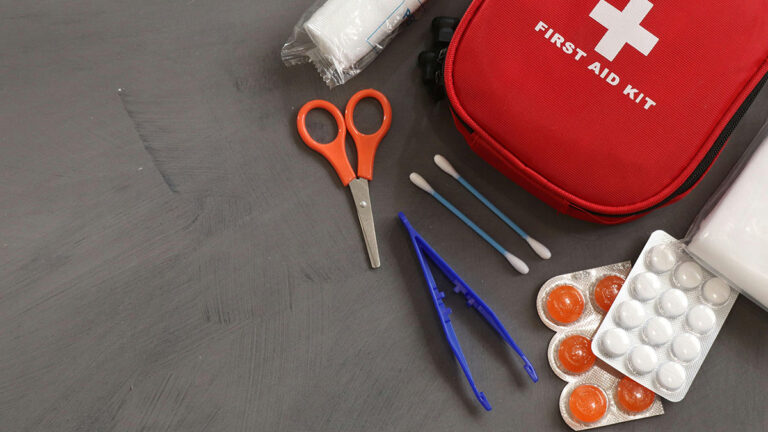
Sleep, Rest & Recovery
High altitude can affect sleep quality. These tips help you rest well:
- Use earplugs and a sleep mask in noisy or bright camps
- Avoid alcohol – it hinders acclimatization
- Take breaks during the day and pace yourself during hikes
- Eat small meals regularly for sustained energy
Your body recovers and adjusts while you sleep — so don’t skip rest.
When to Seek Medical Help
Always communicate with your guide. Seek help if you experience:
- Confusion or slurred speech
- Trouble walking
- Loss of consciousness
- Chest pain or extreme breathlessness
“Don’t risk your summit for silence.” Our guides are trained and equipped to act fast.
Bonus Tips from Kili Quests
- Have emergency medical insurance that covers high-altitude evacuation
- Eat balanced meals rich in carbs and protein
- Stay warm and dry — wet clothes can lead to illness
- Pack wisely to avoid carrying excess weight
See what we serve on the mountain – Balanced meals help with energy and recovery.
Stay Healthy and Summit with Confidence
Your health is your summit strategy. With proper medication, hydration, protection, and awareness, you’ll give yourself the best shot at reaching Uhuru Peak.At Kili Quests, we take your health seriously — our guides are trained, our itineraries are smart, and our support is 24/7.
Ready to climb with safety and strength?
Contact Kili Quests today to start planning your adventure with full health guidance and support at every step.
Related Articles
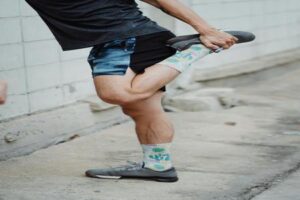
Post-Climb Kilimanjaro: Recovery Tips & Stretches
April 11, 2025
No Comments
Table of Contents Post-Hike Muscle Care: Stretching Tips for Kilimanjaro Trekkers | Kili Quests Climbing Mount Kilimanjaro is an incredible achievement — but the
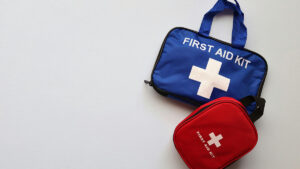
Kilimanjaro Trek Health Checklist & Altitude Sickness Tips
April 12, 2025
No Comments
Table of Contents Essential Medication and Health Tips for Your Kilimanjaro Trek | Kili Quests Climbing Mount Kilimanjaro is an incredible adventure — but
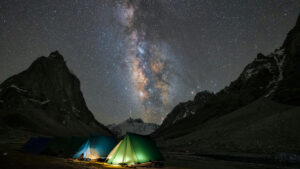
Guide to Cold Nights on Mount Kilimanjaro
April 13, 2025
No Comments
Table of Contents Mount Kilimanjaro Night Temperature: What to Expect During Your Trek and Summit Day | Kili Quests Climbing Mount Kilimanjaro is a


